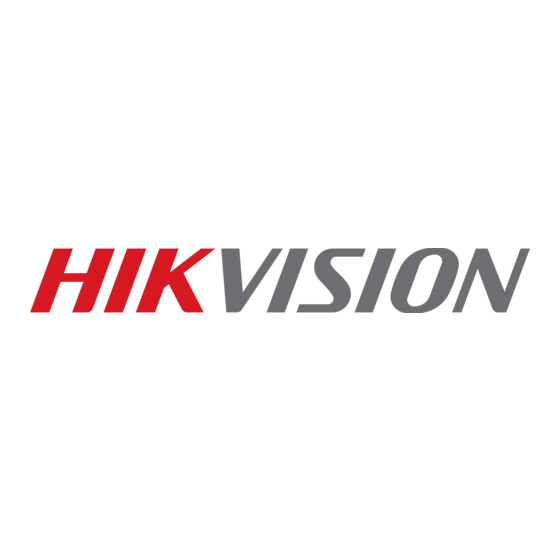5. Click the direction arrow to control the camera.
(1) Click up/down direction button to select the
item.
(2) Click Iris + to confirm the selection.
(3) Click left/right direction button to adjust the
value of the selected item.
3.1 VIDOE FORMAT
When switching the video output as CVBS, you can
set the video format as PAL, or NTSC.
When switching the video output as TVI, you can
set the video format 2MP@25fps, or 2MP@30fps.
When switching the video output as AHD, you can
set the video format 2MP@25fps, or 2MP@30fps.
When switching the video output as CVI, you can
set the video format 2MP@25fps, or 2MP@30fps.
3.2 EXPOSURE
Exposure describes the brightness-related parameters,
which can be adjusted by EXPOSURE MODE, AGC and
SLOW SHUTTER.
EXPOSURE MODE
You can set the EXPOSURE MODE as GLOBAL, BLC,
WDR, and HLC.
GLOBAL
GLOBAL refers to the normal exposure mode which
performs exposure according to the whole image
brightness.
BLC (Backlight Compensation)
BLC (Backlight Compensation) compensates light for the
front object to make it clear, but this may cause the
over-exposure of the background, where the light is
strong.
WDR (Wide Dynamic Range)
The WDR helps the camera provide clear images even
under backlight circumstances. When both very bright
and very dark areas simultaneously exist in the image,
WDR balances the brightness level of the whole image
to provide clear images with details.
HLC (High Light Compensation)
HLC: Masks strong light sources that usually flare across
a scene. This makes it possible to see the detail of the
image that would normally be hidden.
AGC (Automatic Gain Control)
It optimizes the clarity of the image in poor light
conditions. The AGC level can be set as HIGH, MEDIUM,
or LOW.
Note:
The noise will be amplified when setting the AGC level.
The higher the level is, the more obvious the noise is.
Figure 3-3 EXPOSURE

